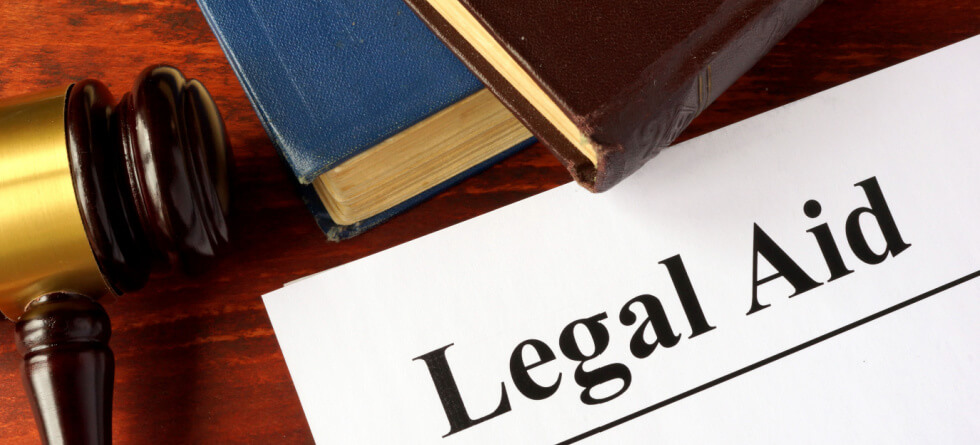Obtaining a surety bond involves several steps, depending on the type of bond you need (e.g., bail bond, performance bond, license bond, etc.).
Here is a general guide on how to get a surety bond…
Steps to Obtain a Surety Bond
- Determine the Type of Bond Needed – Identify the specific type of surety bond required for your situation. This could be a bail bond, performance bond, contractor license bond, fidelity bond, or any other type of surety bond.
- Find a Surety Bond Company or Agent – Research and select a reputable surety bond company or agent. Many insurance companies offer surety bonds, and there are also specialized surety bond agencies.
- Application Process
- Complete the Application – Provide detailed information about yourself or your business, the bond amount required, and the purpose of the bond. This may include personal and financial details, depending on the bond type.
- Submit Documentation – You may need to submit supporting documents such as financial statements, credit reports, business licenses, or court documents.
- Underwriting and Approval – The surety bond company will conduct an underwriting process to assess the risk of issuing the bond. This involves evaluating your creditworthiness, financial stability, and the specifics of the bond requirement.
- Credit Check – For many surety bonds, a credit check is performed. A higher credit score usually results in lower bond premiums.
- Receive a Quote – After the underwriting process, the surety bond company will provide a quote for the bond premium. The premium is typically a percentage of the total bond amount, often ranging from 1% to 15%.
- Pay the Premium – Once you receive the quote, you must pay the bond premium to obtain the bond. The premium is usually non-refundable and is paid annually if the bond needs to be renewed.
- Issuance of the Bond – After payment, the surety bond company will issue the bond. You will receive a bond document, which you may need to file with the relevant authority (e.g., court, government agency, project owner).
- Maintain the Bond – Ensure that you comply with all conditions of the bond to avoid claims. If it’s an ongoing requirement (like a license bond), be prepared to renew the bond and pay the premium annually.
Example: Obtaining a Bail Bond
- Contact a Bail Bondsman – If you need a bail bond, you should contact a bail bondsman.
- Provide Information – Give details about the defendant, the bail amount, and the charges.
- Pay the Fee – you pay a non-refundable fee (10–15% of the bail amount) to the bail bondsman.
- Collateral – You may need to provide collateral to secure the bond.
- Issuance – The bail bondsman posts the bond with the court to secure the defendant’s release.
Tips
- Choose Reputable Providers – Ensure the surety bond company or agent is licensed and reputable.
- Understand Terms and Conditions – Read and understand all terms, conditions, and fees associated with the bond.
- Maintain Good Credit – A better credit score can lower your bond premiums and make the process smoother.
By following these steps and working with a reputable surety bond company or agent, you can obtain the necessary surety bond for your specific needs.





